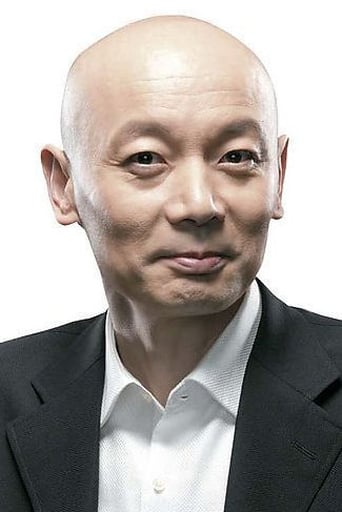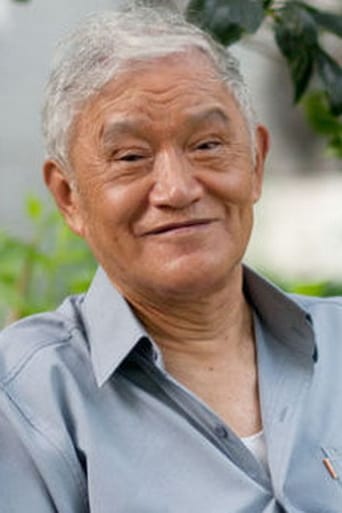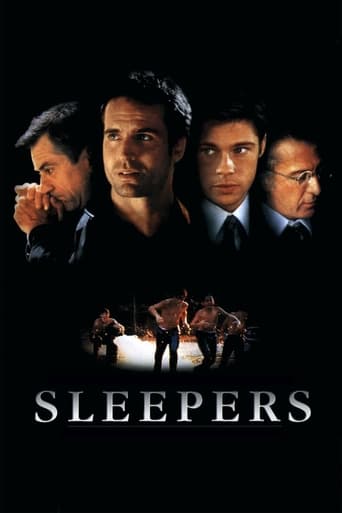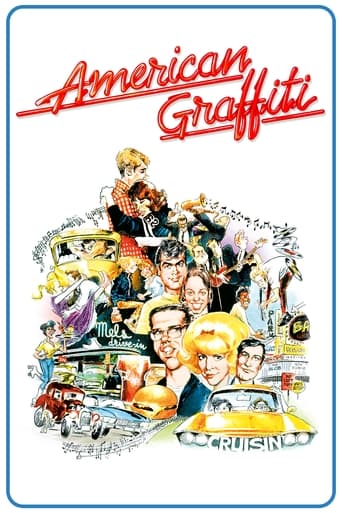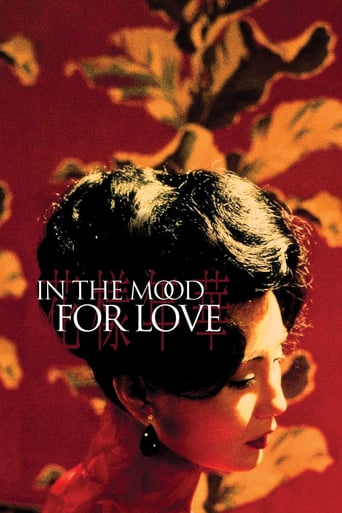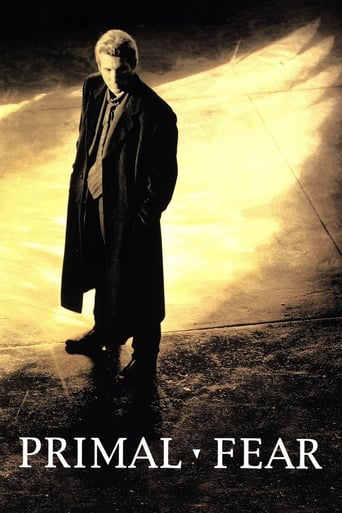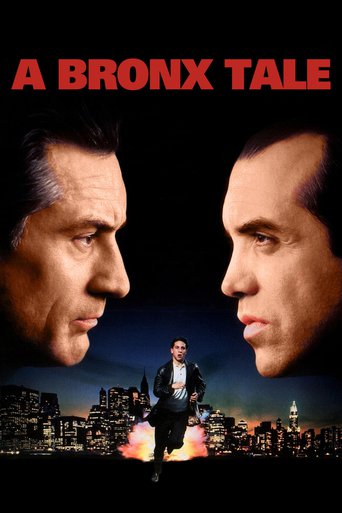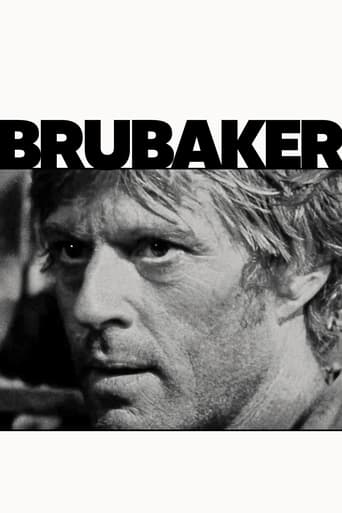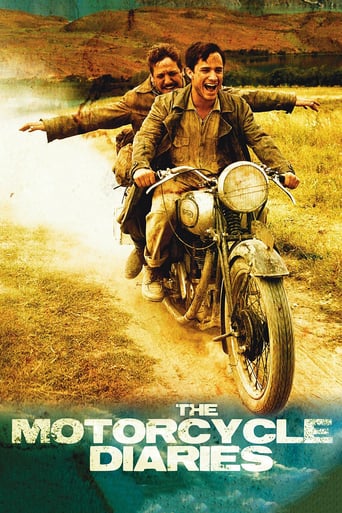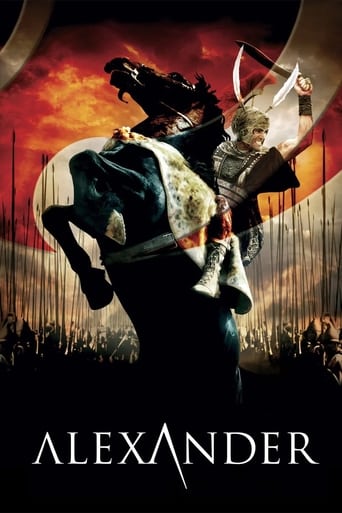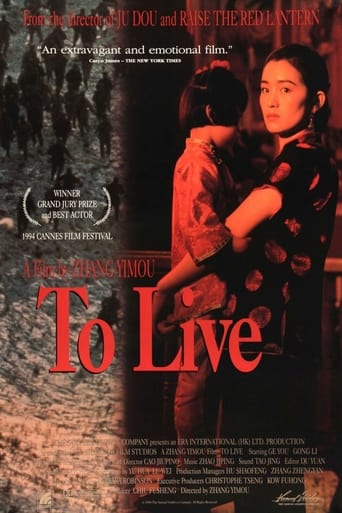
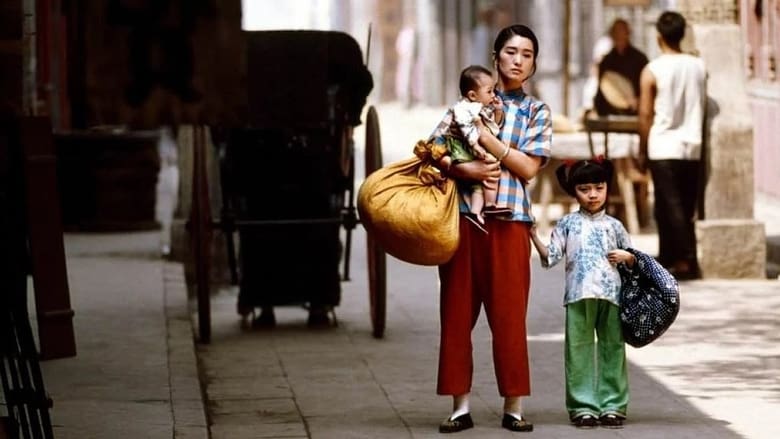
To Live (1994)
Fugui and Jiazhen endure tumultuous events in China as their personal fortunes move from wealthy landownership to peasantry. Addicted to gambling, Fugui loses everything. In the years that follow he is pressed into both the nationalist and communist armies, while Jiazhen is forced into menial work.
Watch Trailer
Cast


Similar titles
Reviews
Fantastic!
Did you people see the same film I saw?
I cannot think of one single thing that I would change about this film. The acting is incomparable, the directing deft, and the writing poignantly brilliant.
The film makes a home in your brain and the only cure is to see it again.
As an American viewer with no experience with China outside of a classroom, book, or film, I was unsure how well I would be able to grasp the intensely emotional personal stories of "To Live", considering their intersection with the political developments which envelop the film's characters and the events which shape their lives. The Chinese Revolution in 1949 and the subsequent regime of Mao Tse Tung, including Mao's Cultural Revolution, are formative events for modern China. Together with the Great Leap Forward, the Cultural Revolution is considered part of the great disaster that was Mao's efforts to consolidate power and spread socialism following the Revolution. In front of this backdrop, we witness the lives of Fu Gui and his wife, Jia Zhen, as well as their family and friends. Although the 1994 film is not an overt criticism of Mao's regime (to do so would be politically unwise for the filmmakers), the effects of the Great Leap Forward and the Cultural Revolution have devastating effects on Fu Gui's family. Fu Gui and his family, as a whole, makes huge sacrifices (which the viewer will have to see for him/herself). The purges and political upheaval of the Cultural Revolution effect Fu Gui, his family, and their friends and neighbors, and an uprising of young against old, medical students against their doctors (symbolic of many student rebellions at this time) cause huge stirs and risks. The risky, paranoid, challenging, and life-changing effects of Mao Tse Tung's regime are well-captured in this film, and Westerners would certainly benefit from this perspective, which captures not only the bad, but the good or inoffensive qualities of Chinese life at this time. Not only that, but the character of Fu Gui might inspire any viewer (not to emulate him, but to avoid his mistakes).
To live, the movie is based on an original novel by Yu Hua. In 1994, lifetime was directed by Zhang Yimou. According to Fu Gui's family rough fate as main line to narrate decades of up and sown of the suffering with Fu Gui and his family. These are showing one epitome of time in different the era of encounter. From the war of liberation and great leap forward to the Cultural Revolution, because they are lose too much and, their life have become numb. They are face probably only left "lifetimes" in their life. The movie is showing a compassion and sad black humor. It would condense the history and personal destiny. And the film showing that people cannot control own fate in history. This film review will focus on analysis the film's narrative approach and Fu Gui's character delineation.The film has clearly structure, and two main line interlaced. The first clue is the development of China's history. It is visible clue. The film would divided into four parts by the director, respectively in the forties, in fifties of great leap forward, in sixties of the Cultural Revolution and in the early eights. The film background is the modern history of China. Get through describe Fu Gui two generations of people's live, reflect to people's state of life in this historical background. According to this structure form of the line, the director would to depict characters into the history background. The director discards a lot of color of freehand brushwork type, and to emphasize feelings of original nature.The second clue is leather silhouette show. It is invisible clue. The leather silhouette show not only impact of emblem character and character rough fate, but also there are very important function in the transition of connection to the plot and scene. It is emphasize background and establish the emotional tone. Leather silhouette show is unique folk art, and has the very high artistic quality. The director is skillful use leather silhouette show in the film. For example, in the beginning of film, when Fu Gui gamble in casino, there is performances of a leather silhouette show. With a tense and fierce leather silhouette show, Fu Gui lost everything, and he was began the turning point of his fate. When he has nothing at all, Long Er gives leather silhouette for his. Fu Gui was began his career of a busk. The film's shot is ingenious transition from he picked up leather silhouette to scene of perform in the streets. Afterwards, he is captured by the communist party. The film's shot from under the bayonet leather silhouette transition to scene of perform leather silhouette show for the communist party. In the ending of film, the leather silhouette box is become chicken nest. The last scene is stand for new power and hope of living. It is the theme of the movie.Environment has a very important influence for character. To some extent, environment can change one person. Fu Gui from wealthy of gambling change to earthy farmers, and from earth farmers change to old man of kind to life. In different life experience and living environment, Fu Gu's character is also changing. He was born in the landlord family in the period of republic of China. Because he has a superiority of living condition, he formed the habit of gambling, and he has not sense of responsibility. However, when he loses everything and he witnessed the death of friend in the extremely cold environment, his survival desire is more and more intense. When he comes back, he is more cherishing reunion with his family. Fu Gui's patience and tolerance is Chinese farmers generally unique culture character. It comes from influences of China local culture and historical heritages. They are live in the misery and predicament, they cannot change life. However, Fu Gui is kind hearted. Chun Sheng accidentally killed his children, he has a passive forgave Chun Sheng. In the Cultural Revolution, he persuaded Chun Sheng to live, this is tolerant mentality, he not only forgave Chun Sheng in suffering, but also he can use with broad mind to accept the reality for his attack and shock and unfair.Living is not Fu Gui's patent, everyone is struggling in the fate. Jia Zhen, Lao Quan, mayor and Feng Xia, their fate is fate of China and fate of the most common Chinese people. Some people alive, and some people died, destiny often refuses to give happiness to kind and menial people.
Every person interprets films in his own way, and for me To Live is about economic growth. Before elaborating on this statement, I would like to acknowledge that another visitor of IMDb recommended this film to me, in response to my inquiries. So the message board actually works. You see, economic growth always comes at a price. This is especially clear from the film scene, where the peasants melt down their pans in order to provide steel for the construction of factories (or, less productive, for cannon balls). In fact, the hardship of the Chinese couple is not worse than the life of the Joads family in The Grapes of Wrath. Remember that in Oklahoma and California the Joads family became the victim of agricultural rationalizations. Nor is Chinese family worse off than the Flemish peasant in Het Gezin van Paemel. It reminds us to keep an open mind, when looking at films like To live. The interesting part is its portrayal of Chinese history and of course its Chinese origin. Apparently, Chinese film makers have a reasonable freedom of expression. As a cinematic product, it is less impressive: an ordinary story, plain dialogs, scanty acting. But we are fascinated by this enormous country, of which we know so little. In addition we realize our own dismal past, contemplating the imperialist attacks on China of a century ago. In 1900 all western powers contributed to the cruel eradication of the nationalist Boxer uprise. The film starts with the victory of Mao's army around 1948, which was probably a positive development. Note however that it was a peasants revolution and not a socialist one. Being a democratic socialist, I would like to point out, that socialist arrangements are only possible in a fully developed state. For the collective arrangements in socialism require a high degree of civilization and democracy. Unfortunately in his later years Mao began to experiment. First, from 1958 to 1962 he tried to implement a fully decentralized economy during the so-called Great Leap Forward. Interestingly, by that time the American government had prohibited its citizens to enter China (a kind of Chinese Wall). Then in 1966-1969 Mao tried to change the social habits in the Cultural revolution. One of the aims was a high level of equality and the integration of the intellectual class into the peasant class. As an ideology it has its merits, and in fact some of the offsprings in the west still have an exemplary value. On the other hand, in the primitive Chinese society it was inefficient, a waste of talent and an invitation to brutality. It is said that in those years three million people were murdered. I assume that this was not what Mao and his staff had in mind. In 1976 (the year of Mao's decease) Joris Ivens made several interesting documentaries on collective managements, for instance of a pharmacist (La pharmacie No.3: Shanghai) and of a school (Une histoire de ballon). Nevertheless, during the reign of Mao the social indicators were continuously rising, and (considering the poverty) the health insurance and education were excellent. Whereas in 1950 the average life expectancy was 34 years, in 1990 it had risen to 70 (!) years. On the aspect of economic growth, but also on many social issues the collective China has outperformed the more capitalist India. Note also the fundamental quality, that the Maoist system is able to reform itself from within. It is clear that the rule of the Maoist party has had its merits, and these must be considered in the evaluation of the story line in To Live. I guess we have the right to criticize the Maoist policy with respect to human rights. However, it seems out of place to claim a moral superiority. It is certainly obvious, that in a comparison of the contemporary living conditions in China the results of the deep involvement of the western countries in both Africa and South-America looks relatively poor.
"Is our duty to be accountable to the people. Being accountable to the people means that every word, every action and policy as ours, must be consistent with the interests of the people. And if we make mistakes, we correct them".These are passionate words of Mao Zedong, uttered a few years before proclaiming the People's Republic of China following the triumph of the revolution that the same leader. Like all well-intentioned words of all world leaders, these are not fulfilled to the letter, because the rulers represent the head of chess, but many parts of the government stake, but those have to answer for some of his acts. And, middle managers, many mistakes, excesses and violations of the laws, can be committed by ignorance, dishonesty or abuse of authority... Of course, there will be orders that come from the top and that, conversely, are the media employees who bear the responsibility.Zhang Yimou, without doubt one of the most qualified directors of contemporary cinema and perhaps the number one in China, seems to have the best memories of the Cultural Revolution and movies like "Ju Dou" or "Raise the Red Lantern" which, as this, critics buried the unfortunate actions of the regime, have cost censorship and close supervision to all their projects. "¡LIVE!" is very accurate recreation of the life of a modest family, over several decades that started in the 40'... just on the eve of the People's Revolution. And Yimou accomplished effectively, and with very specific actions that play with feeling, with the freedom of action and expression, and the denial of certain rights, a plea to make it clear that strikes, a full three inches below the breastbone. Gong Li, his muse, his girlfriend and her lover, for several years, Jiazhen embodies the typical woman firm, clear in its objectives, able to survive with courage and fortitude to the worst tragedies. Her husband, Fugui, resembles a bird of ill omen, and the love between them seems born to those who lived no closer. Full of variegated hues, the Xu family life is intense, and she - like any other Family - emerge roses and thorns, while, with great subtlety, Yimou is giving subtle details of the oppression that obscures the legendary, and no doubt significant, under Mao. And if anyone wants to see indirect allusions to what the Chinese now live, you may find something that makes you nod.And there are things like perseverance brings reward, and the good that is hidden in all evil, or as inherent serenity to accept what goes against what is expected, this inspiring film, let us reach for a good reflection.And remember: ¡Whatever happens, you must live!, ¡This is the decision of the brave!


